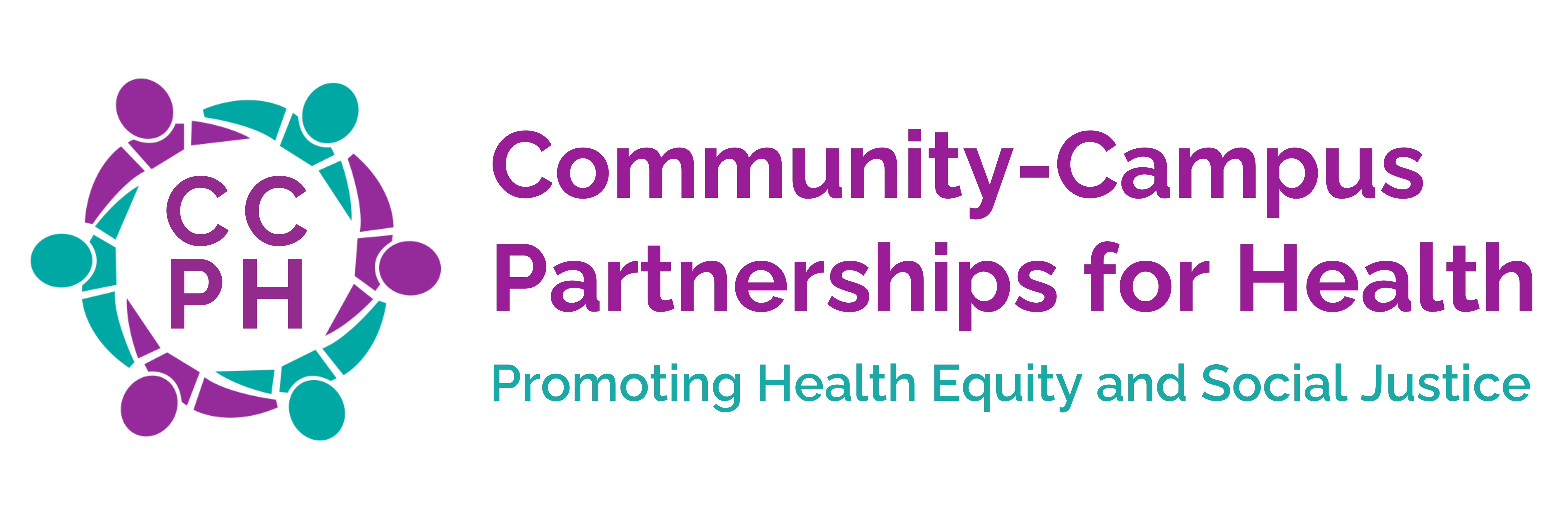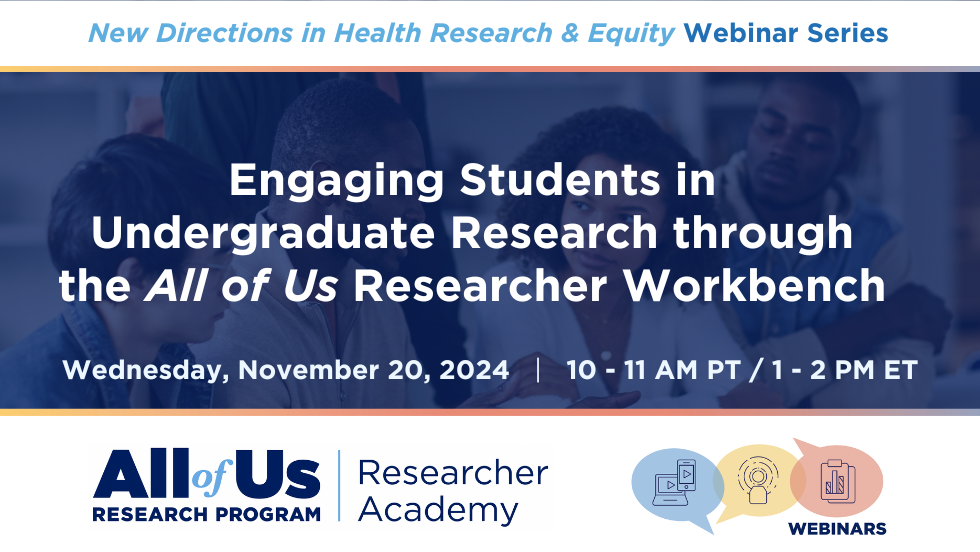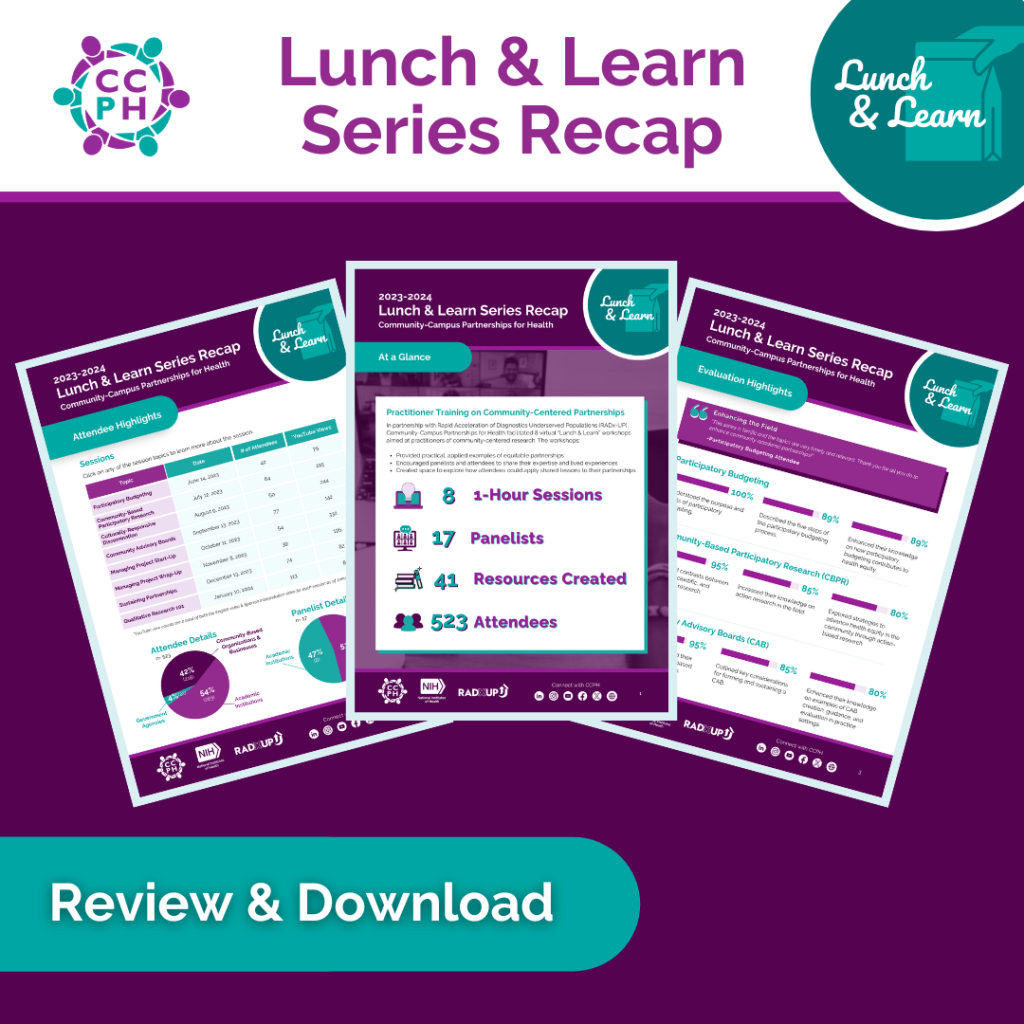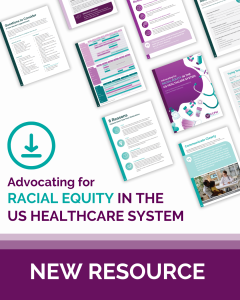This webinar highlights how educators and students can leverage the All of Us dataset to explore underrepresented communities, analyze health disparities, and promote health equity. The session focuses on navigating the Researcher Workbench, applying the dataset to real-world research projects, and encouraging innovative approaches in health-related academic work. It will also emphasize why the Workbench is a crucial tool for capstone projects and scholarly research.
This event happened on
Wednesday, November 20, 2024
10 AM – 11 AM PT / 1 PM – 2 PM ET
About the New Directions in Health Research and Equity Webinar Series
This series spotlights innovative scholarship leveraging publicly available data from the All of Us Research Program. These scholars, members of the All of Us Researcher Academy network, are pushing the boundaries of health research and education through equity-focused questions, cutting-edge methods, and data that reflect the rich diversity of our country. Join us to learn about their projects and hear insights into how you can use this dataset in your own work.
Presenters:
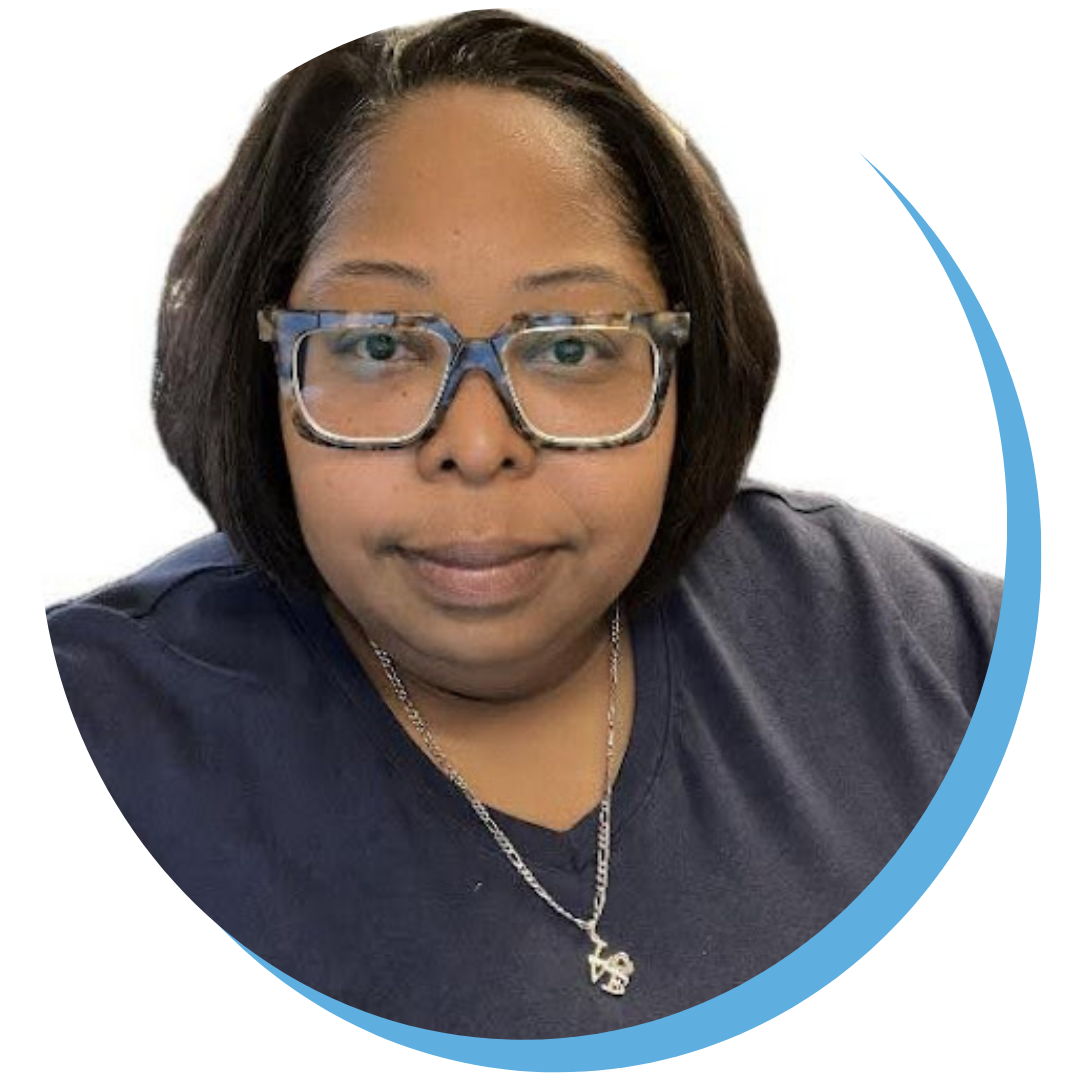
Kimberly Raiford, PhD is a Principal Investigator of a Department of Education MSEIP grant and has served as the Principal Investigator and Co-Principal Investigator of two NSF Targeted infusion grants, as an investigator of health disparities funded by HHS, and as program director of U.S. EPA and NSF research and mentoring program grants.
Dr. Raiford teaches several biotech courses and mentors undergraduate research students. At Shaw University, her primary research focuses on understanding factors that coordinate cell cycle regulation during DNA replication.
In this webinar, she will present how she uses the NIH All of Us Researcher Workbench in her biology senior capstone course to promote undergraduate research and the Python and R programming languages.
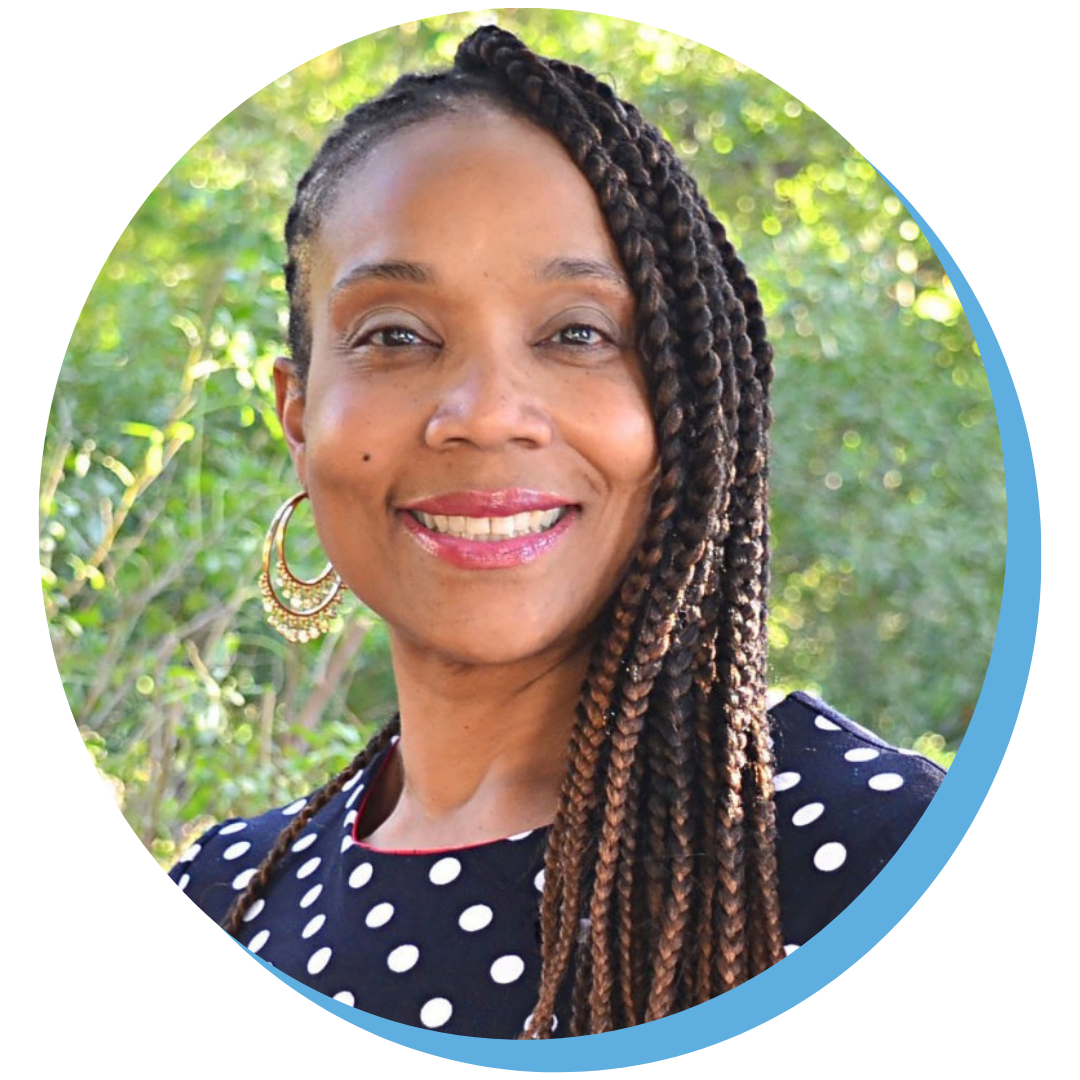
Alecia Anderton-Georgie, MPH, DM is a computing and information systems professional with over 30 years of experience. She serves as a public health research consultant at Shaw University, focusing on cultural diversity, marginalized communities, housing, HIV/AIDS, inclusion, COVID-19 disparities, the digital divide, broadband inequities, innovation management, knowledge management, and technology transfer.
Dr. Anderton-Georgie holds a Doctorate in Management and a Master’s in Computer and Information Systems from the University of Maryland, University College in College Park, Maryland.
Her passion lies in teaching various aspects of computing technology to individuals of all ages, from senior citizens to children as young as five. She is mainly dedicated to introducing people to the fields of Science, Technology, Engineering, and Math (STEM). She aims to empower individuals and guide them into the enriching world of STEM.
Discussants:
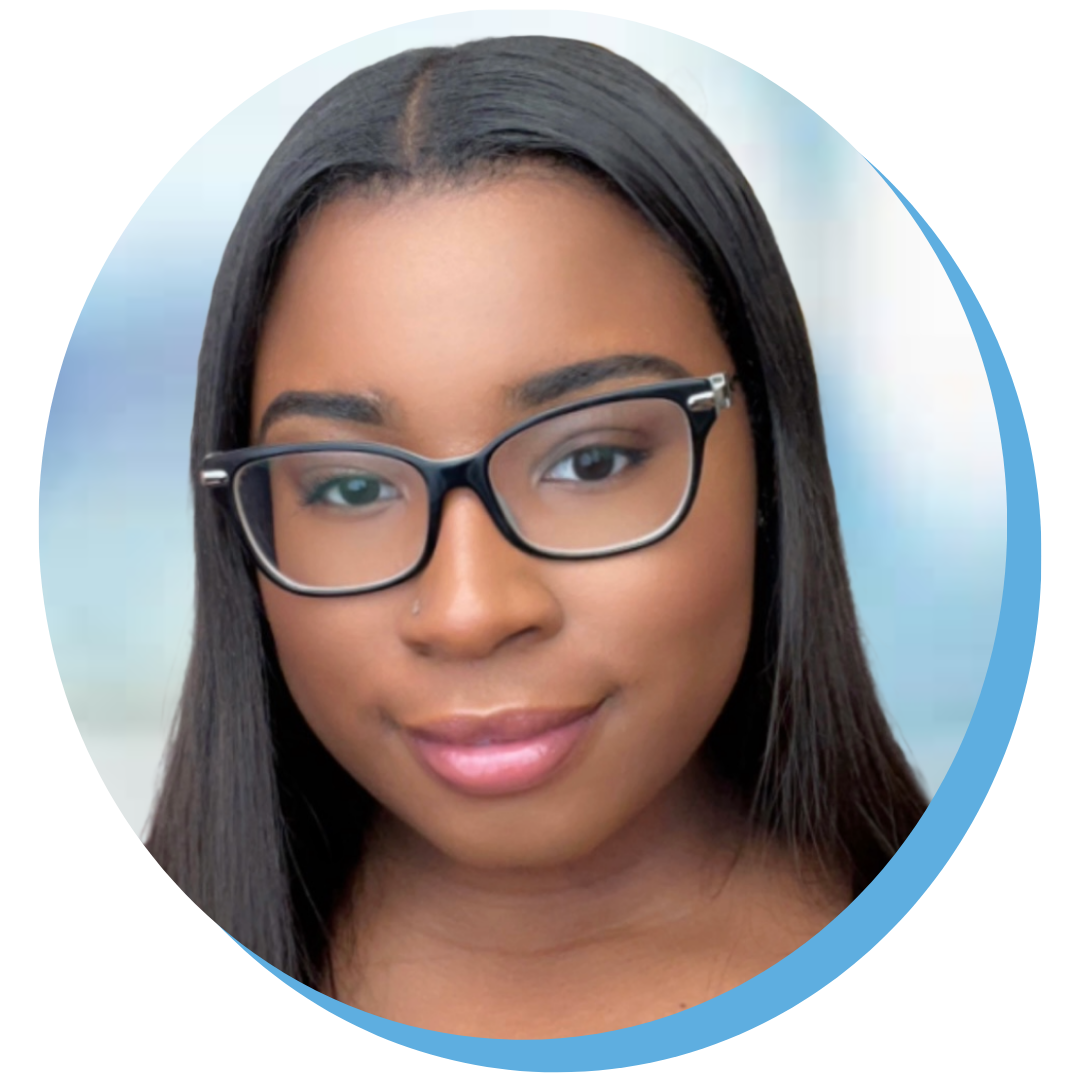
Samira Briscoe is a young professional with a background in Biology from Shaw University and over five years of experience in data analysis, specializing in Python. Additionally, she has a strong foundation in SQL and R. Her academic expertise and interest in data science have allowed her to work as an intern and consultant on various projects, including grants for the National Science Foundation and the All of Us Research program.
Currently, she works as a Data Analyst for the Champion Award, research funded by the Research Triangle Institute that addresses the intersection of sexual orientation/gender, race/ethnicity, and disability. She also works on projects aimed at community outreach and addressing COVID-19 disparities in marginalized communities, as well as a project that addresses the development of indices and tools for assessing the achievement of health equity in addressing disparities. She works as a Data Analyst for the Champion Award, research funded by the Research Triangle Institute that addresses the intersection of sexual orientation/gender, race/ethnicity, and disability. She also works on projects aimed at community outreach and addressing COVID-19 disparities in marginalized communities, as well as a project that addresses the development of indices and tools for assessing the achievement of health equity in addressing disparities. Her passion lies in Public Health research, and she aims to use data to drive change for women and marginalized populations
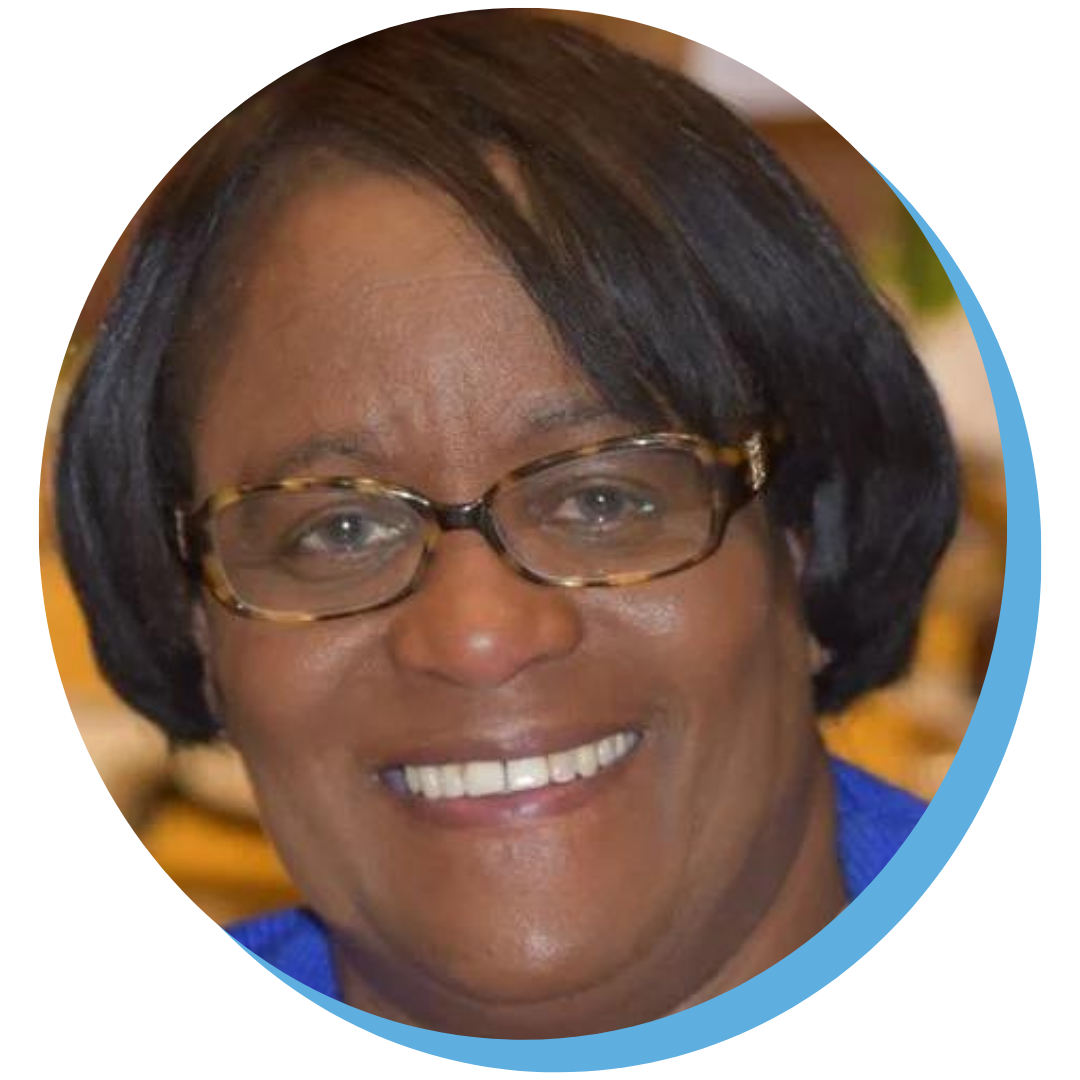
Dorothy C. Browne, PhD Dr. Browne has over thirty-five years of experience as a public health researcher, administrator, mentor, and professor. She is currently a senior research scientist at Shaw University and a senior mentor at the NIH-funded Center for Health Equity Research at the University of California, Long Beach. She is also an Adjunct Professor at the Gillings School of Global Public Health at the University of North Carolina at Chapel Hill. At Shaw University, Dr. Browne focuses on building research capacity in public health research and mentoring early-career faculty and undergraduate and graduate students engaged in public health research. Her research addresses health disparities and equity among marginalized populations in both rural and urban communities. Currently, Dr. Browne is involved in research on intersectionality and its impact on health and psychological outcomes, as well as the impact of COVID-19 on persons with disabilities.
Dr. Browne holds an MSW in Community Organization and Research from the University of Pittsburgh and an MPH and Doctoral degree from the T H Chan School of Public Health at Harvard University. She began her academic career at the University of North Carolina at Chapel Hill’s School of Public Health, now called the Gillings School of Global Public Health. There, she gained tenure and co-founded the Minority Health Project. This project initiated the Annual Summer Public Health Research Institute and Video Conference on Minority Health, now known as the Annual Video Conference on Health Equity.
In addition to her work with the Minority Health Project, Dr. Browne was an investigator in the LONGCAN Consortium and the PI of the RSVPP Collaborative, which consists of six universities throughout the country. While at UNC-CH, she received numerous grants from organizations such as the CDC, DHHS, and NIH, as well as local and national foundations. These grants were used to examine issues such as family violence, adolescent risk behaviors, HIV/AIDS, and other health disparities. After leaving the Gillings School of Global Public Health, Dr. Browne held numerous research and administrative positions at three HBCUs, the last being Jackson State University, where she was the Inaugural Dean for the Jackson State School of Public Health, the only HBCU with an accredited school of public health.
In this webinar, Dr. Browne will focus on how the All of Us dataset can prepare students to become proficient in data analysis used in capstone courses, research projects, and grant writing
All of Us Research Program
The National Institutes of Health’s All of Us Research Program is a historic effort to speed up health research discoveries, enabling new kinds of individualized health care. To make this possible, the program is building one of the world’s largest and most diverse databases for health research. All of Us aims to include a million or more people living in the United States and its territories. The program seeks for its participant cohort to reflect the diversity of the U.S. population and to include individuals from groups that have been underrepresented in health research in the past.
All of Us Researcher Academy
The All of Us Researcher Academy provides training and technical assistance to researchers who are conducting research with the All of Us Researcher Workbench, the cloud-based platform where registered researchers can access data contributed by All of Us participants. The academy also supports peer-to-peer learning and network-building among researchers and students.
The academy is dedicated to providing support to institutions that have a documented historical mission or historical commitment to training underrepresented students. See the Notice of NIH’s Interest in Diversity for examples of groups that have been shown to be underrepresented in the biomedical research workforce.
All of Us Researcher Academy resources are provided at no cost to students, faculty, and post-docs at institutions that have received academy Institutional Champion awards. RTI International has supported research teams at 19 universities overall.
RTI International leads the All of Us Researcher Academy in collaboration with the All of Us Research Program’s Division of Engagement and Outreach. The division partners with community organizations nationwide to foster relationships with participants, researchers, and health care providers. The academy and other researcher engagement activities are central to building a diverse community of researchers.
All of Us Researcher Academy Partners
The All of Us Researcher Academy is supported by the Division of Engagement and Outreach, All of Us Research Program, National Institutes of Health, Award Number OT20D028395.
All of Us and the All of Us logo are registered service marks of the U.S. Department of Health and Human Services.
RTI International is a trade name of Research Triangle Institute. RTI and the RTI logo are U.S. registered trademarks of Research Triangle Institute.

